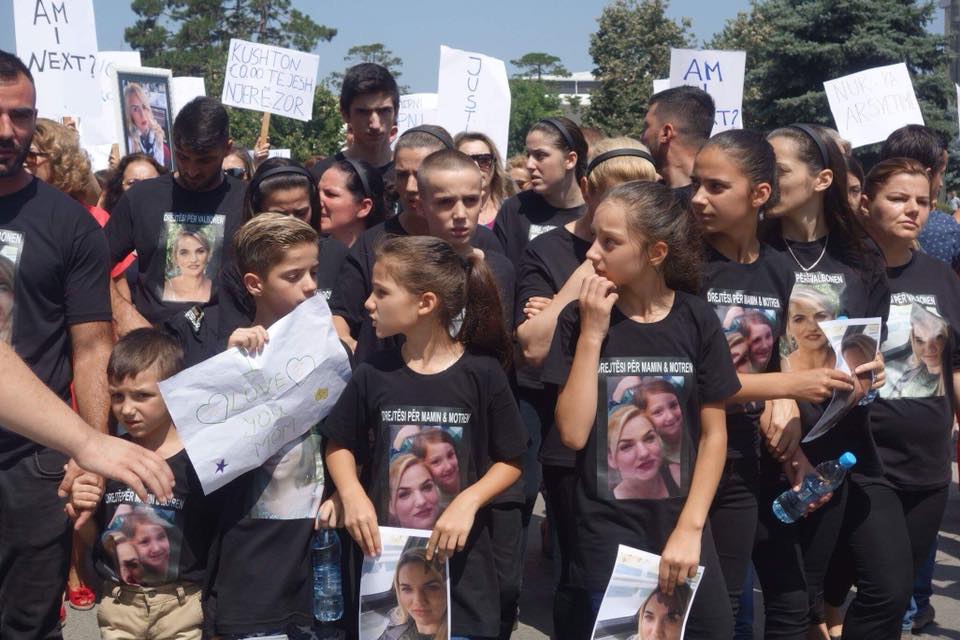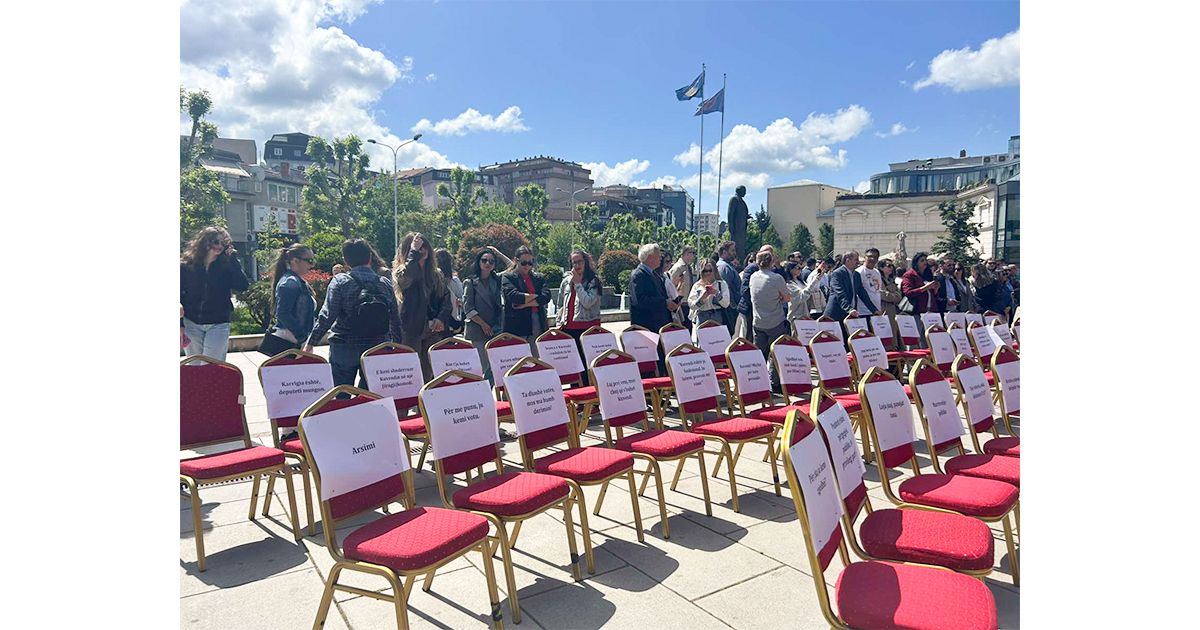On June 24, the Supreme Court returned to retrial the case of Pjetër Nrecaj, which is serving a life sentence for the murder of this wife, Valbona-Marku Nrecaj, and their 9-year old daughter, in August 2018.
Kosovo Women’s Network (KWN) has immediately reacted through a Press Release condemning this decision.
KWN recalled to the public that Pjetër Nrecaj deliberately using a fire gun took the life of his wife Valbona-Marku Nrecaj, and their daughter. Furthermore, before committing the premeditated murder, he had sent threating phone messaged to the late Valbona-Marku Nrecaj, after which messaged he committed the murder. There was also a lawsuit against Pjetër Nrecaj, for the possession, control, and unauthorized weapons possession.
KWN considers that the retrial for such cases directly affects the loss of trust in the justice system for potential victims of domestic violence and their family members.
Therefore, we demand the Supreme Court not to change the verdict of the Court of Appeal, taking into account all the legal aspects, as well as social and moral values which are in compliance with the life imprisonment sentence for double murder.
Read HERE the full Press Release.



